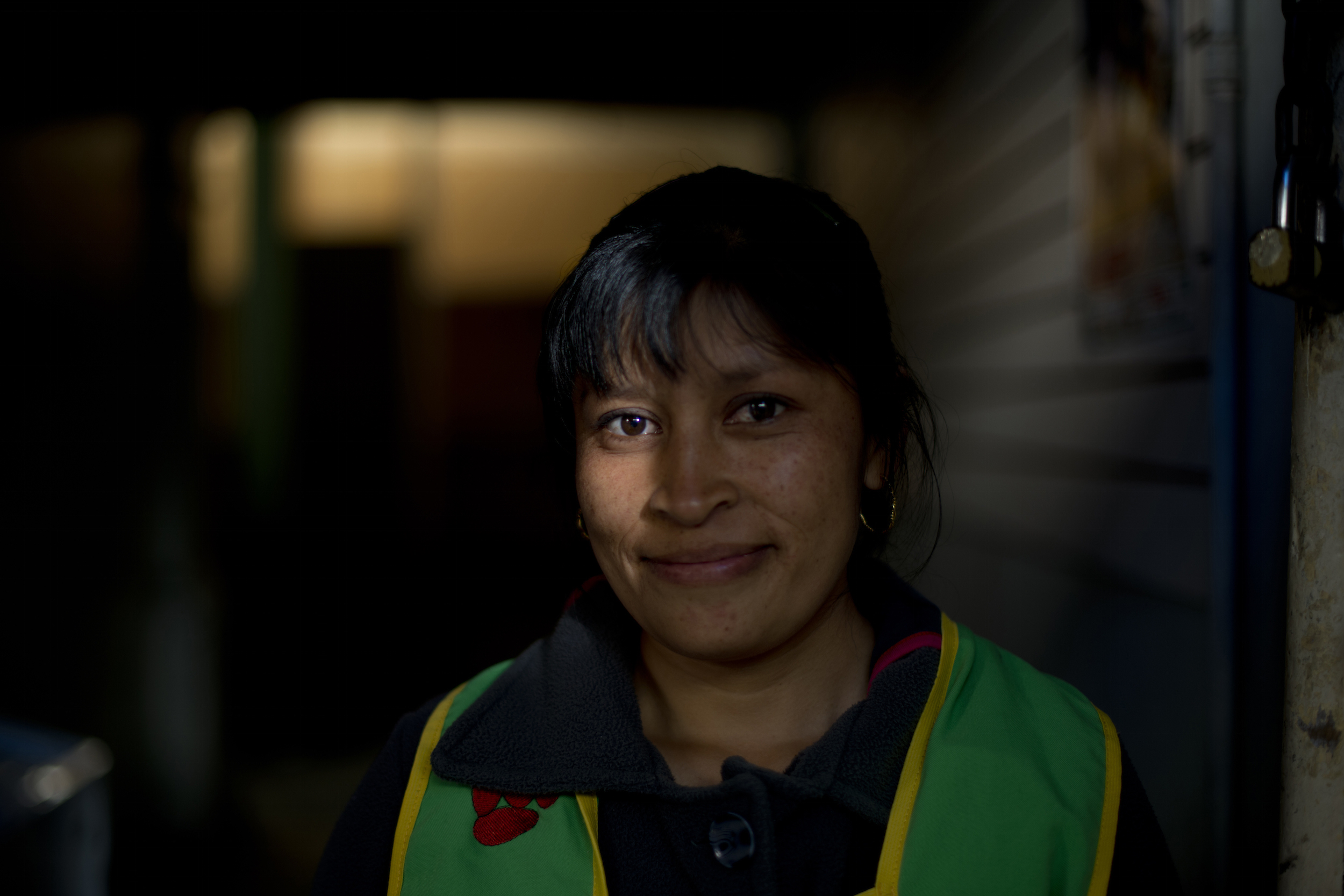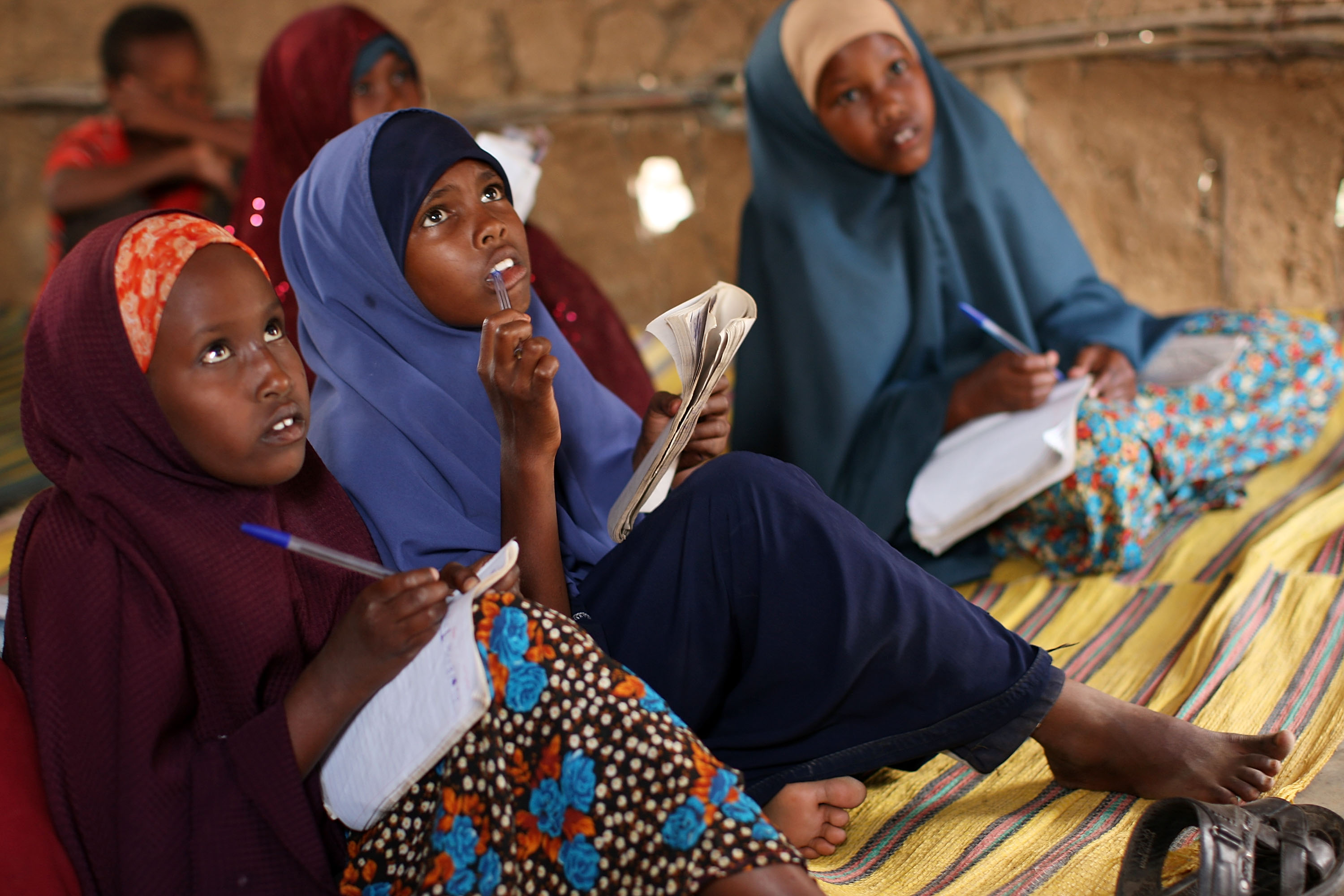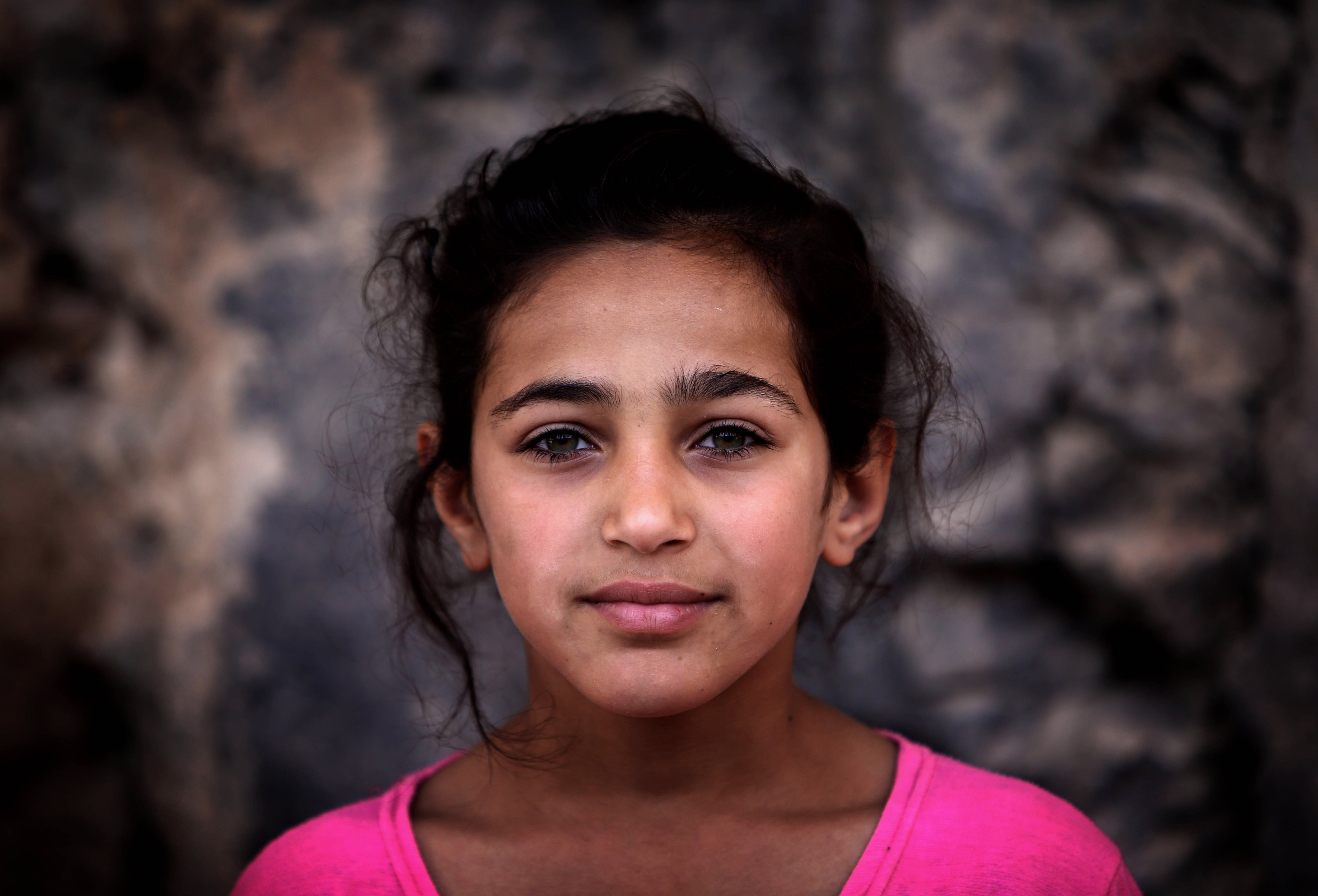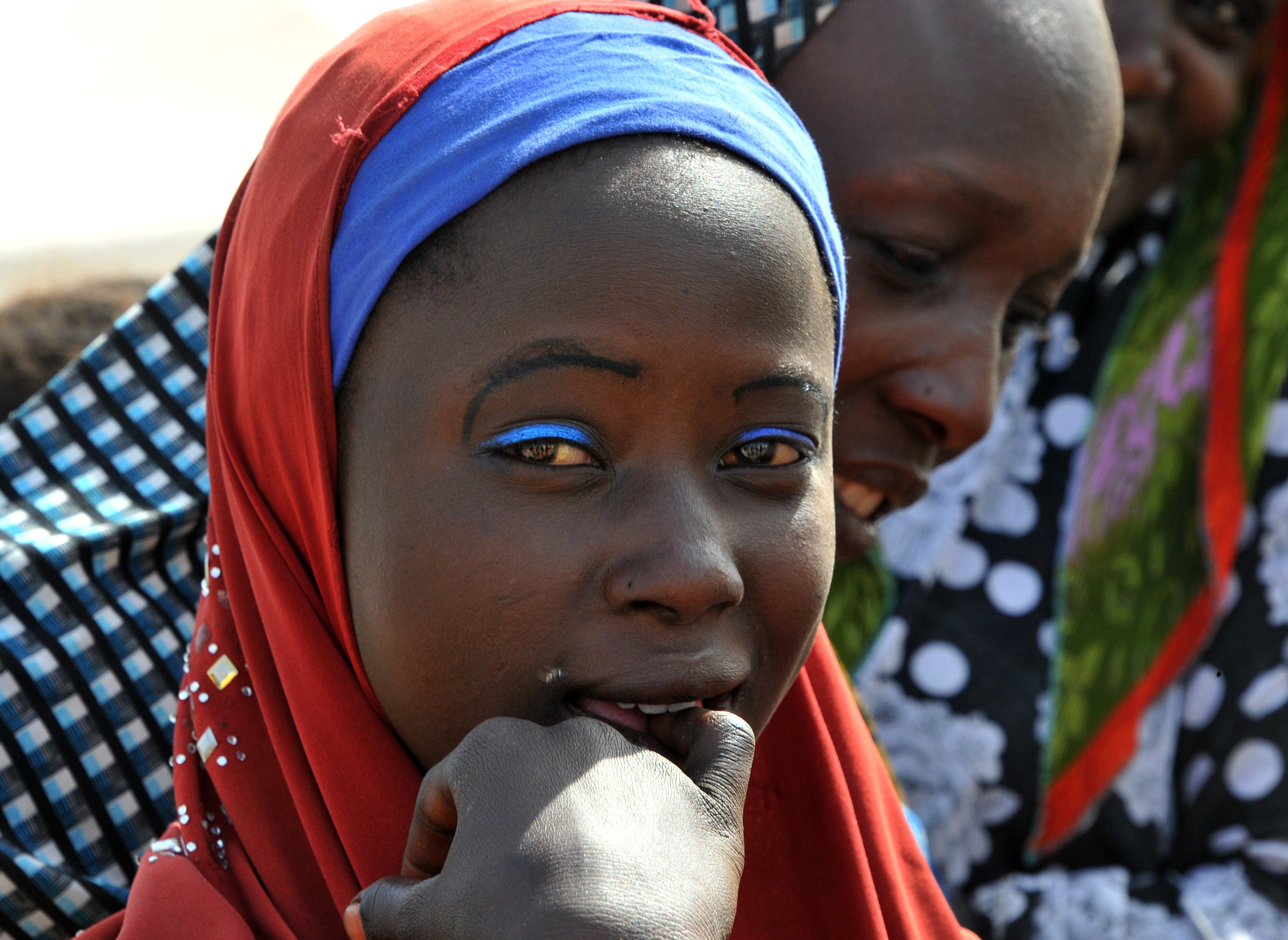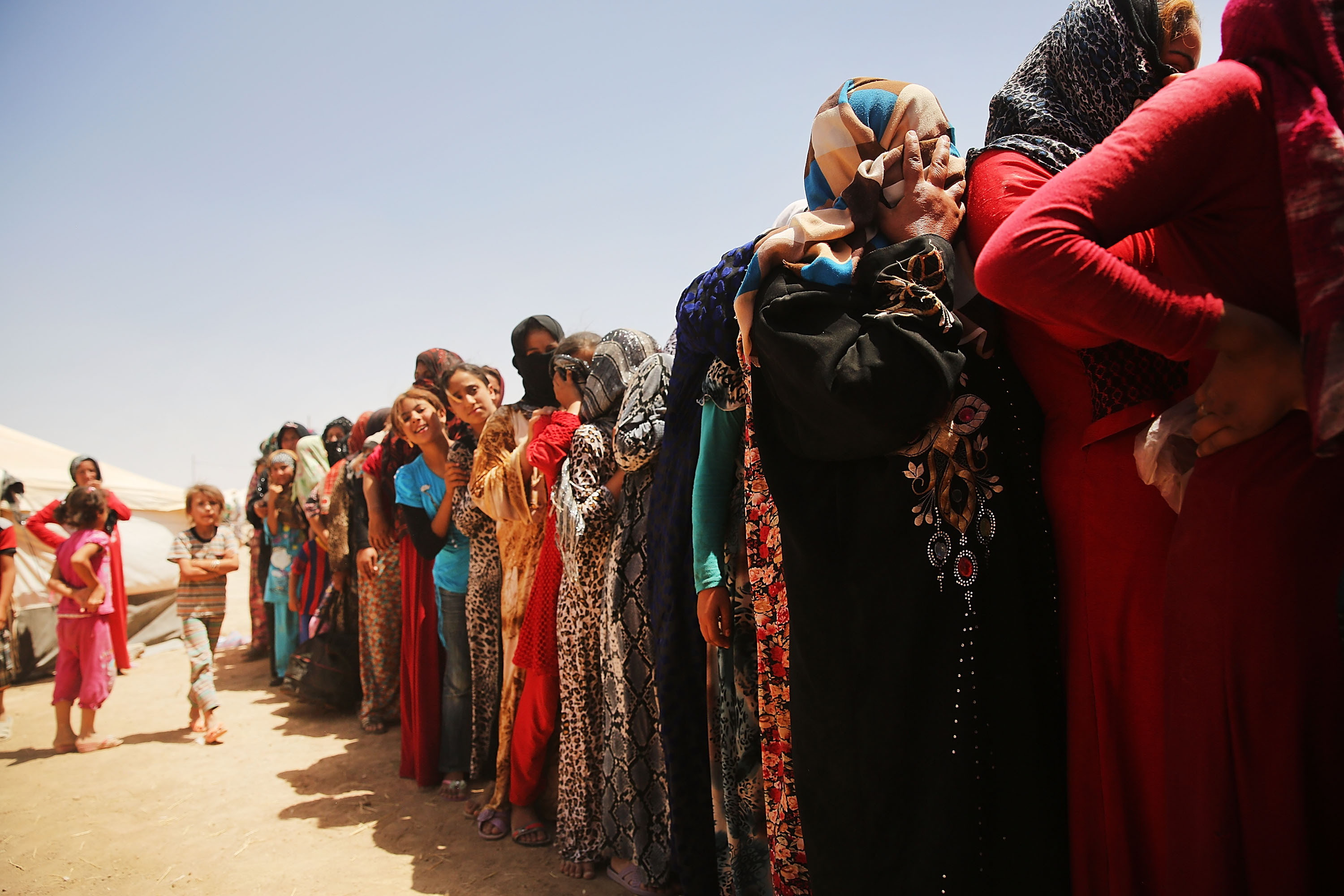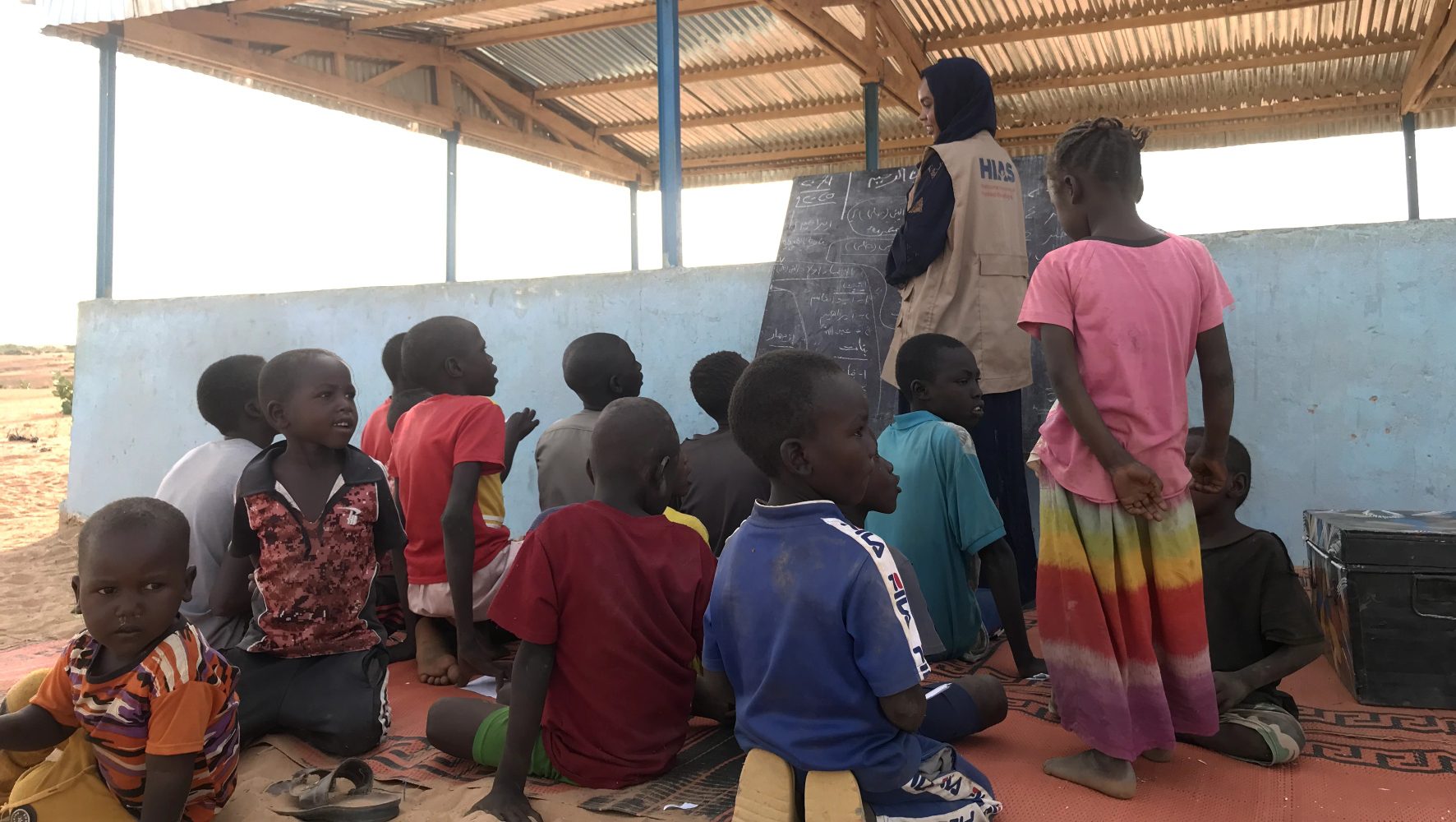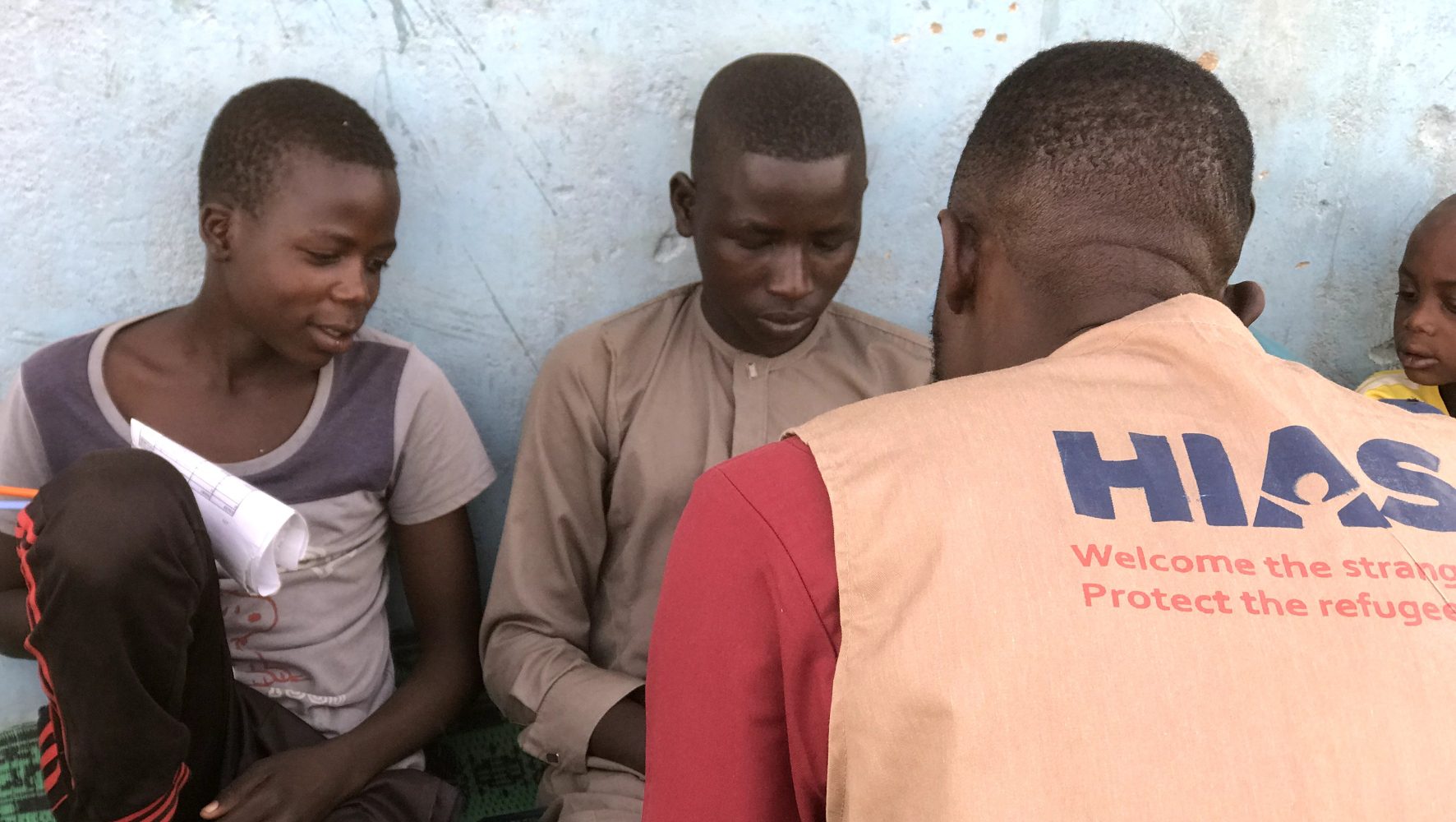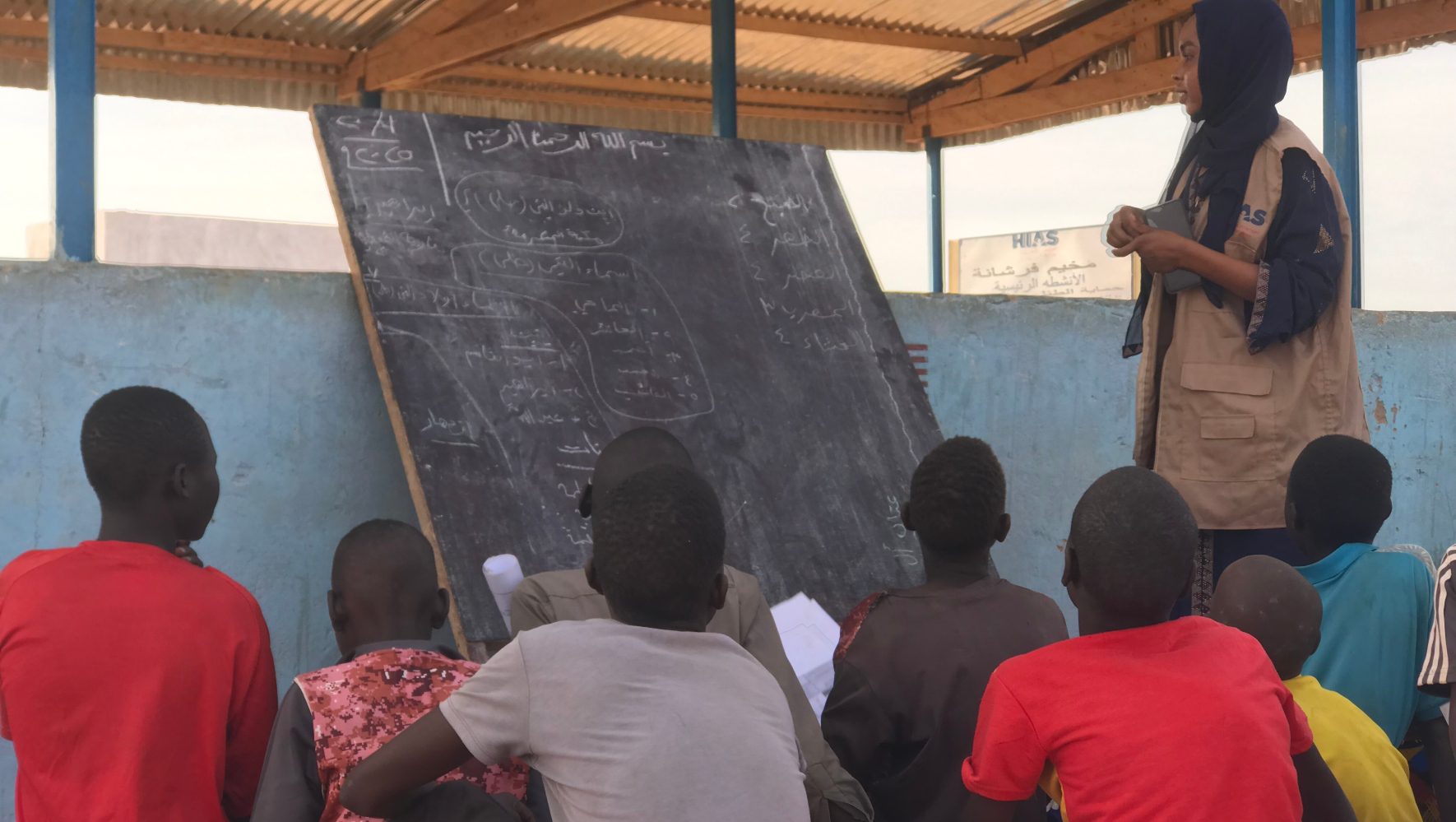On International Women’s Day, Focus On Female Refugees
By Rachel Nusbaum, HIAS.org
Mar 07, 2016
March 8 is International Women’s Day. Did you know that roughly half of the refugees and displaced people in the world are women and girls?
In our work on four continents, we continue to be amazed by the strength and resilience of the women we encounter and serve. We know that in situations of displacement, women are particularly vulnerable, and are more likely than men to encounter infringement of their rights, discrimination and sexual violence.
In addition to their own well-being, female refugees are often responsible for others. Women are overwhelmingly the primary caretakers for children in their households, and they often take on major responsibility for economically providing for their families.
That’s why HIAS is working hard to improve the lives and protect the rights of women displaced by conflict and crisis.
-
In the U.S. we work with resettled refugees who are single mothers to provide housing, healthcare and access to education, as well as assist with finding childcare, preparing for and finding employment, and establishing social connections in their new communities.
-
In Chad, we provide trauma counseling, gender-based violence prevention and social services in 12 of the country’s refugee camps, helping Darfuri women who have fled persecution and genocide to rebuild their lives in safety and dignity.
-
Last year, HIAS Chad provided over 7,000 women and girls with sanitary kits including sanitary napkins, soap, and washing basins, to help them maintain their dignity.
-
HIAS Chad also distributed birthing kits--containing baby mattresses, soap and towels--to more than 600 expectant mothers.
-
-
In Ecuador, we engage Colombian refugee women in entrepreneurial initiatives, providing microloans to help them achieve economic self-sufficiency as they plan for a long-term future in their new country.
-
In 2015, HIAS Ecuador distributed micro-grants to more than 125 women, many of whom are survivors of SGBV, have disabilities, or are single heads of households. These grants, often $250 or less, enable women to open or expand their small businesses and to invest in themselves and their futures.
-
These are just a few examples of how HIAS helps displaced women and girls around the globe. But there is still much more to do—and you can help.
This International Women’s Day, let’s all speak up for the women and girls who have been displaced from their homes in staggering numbers. Please share this post on social media with the hashtag #InternationalWomensDay.
You can also share your own stories of women refugees who inspire. Tweet them to us: @HIASrefugees.
